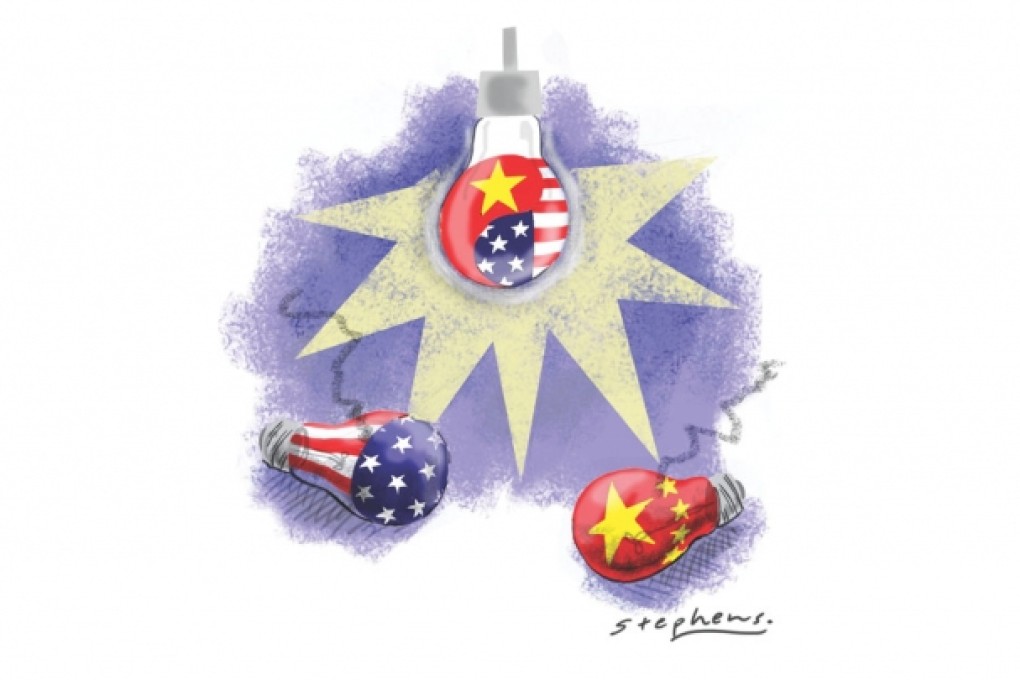Time to redraw mental map of Sino-US issues
Robert Lawrence Kuhn suggests the use of new mental frameworks to shake up tired thinking about the issues that trouble Sino-US relations, so that workable solutions may be found

This week, the fifth round of the US-China strategic and economic dialogue is being held under all-new co-chairs: US Secretary of State John Kerry and Secretary of the Treasury Jack Lew, and China's State Councillor Yang Jiechi and Vice-Premier Wang Yang . While presidents Barack Obama and Xi Jinping developed some personal rapport at the recent Sunnylands summit, the issues of contention between the incumbent superpower and the emergent one remain vexing. Will anything now change?
Look at the list: undervalued currency (manipulation), trade imbalances, cyber-espionage, industrial stealing, territorial claims, border disputes, North Korea, Iran, Syria, resource competition, product dumping, market protectionism, state-owned enterprise monopolies, pollution, global warming, poor intellectual property protection, little rule of law, worrisome nationalism, military opacity, media control, Tibet, Xinjiang , religious freedom, human rights - and so it goes.
Each side believes all issues are equivalent in the sense that, for each, "we are right; they are wrong - we have the facts, know the truth, hold the moral high ground". "Negotiations", then, become a euphemism for coercing the other side to bend to its will.
Part of the problem is that the list is a jumble and whatever's hot at the moment - cyberespionage of late - leaps to the top.
Better, perhaps, is to consider issues in sets, linking and playing them via common characteristics. Might more sophisticated, sensitive policies emerge?
As a backdrop, some honesty: here's what many on each side, deeply suspicious of the other, really think.
